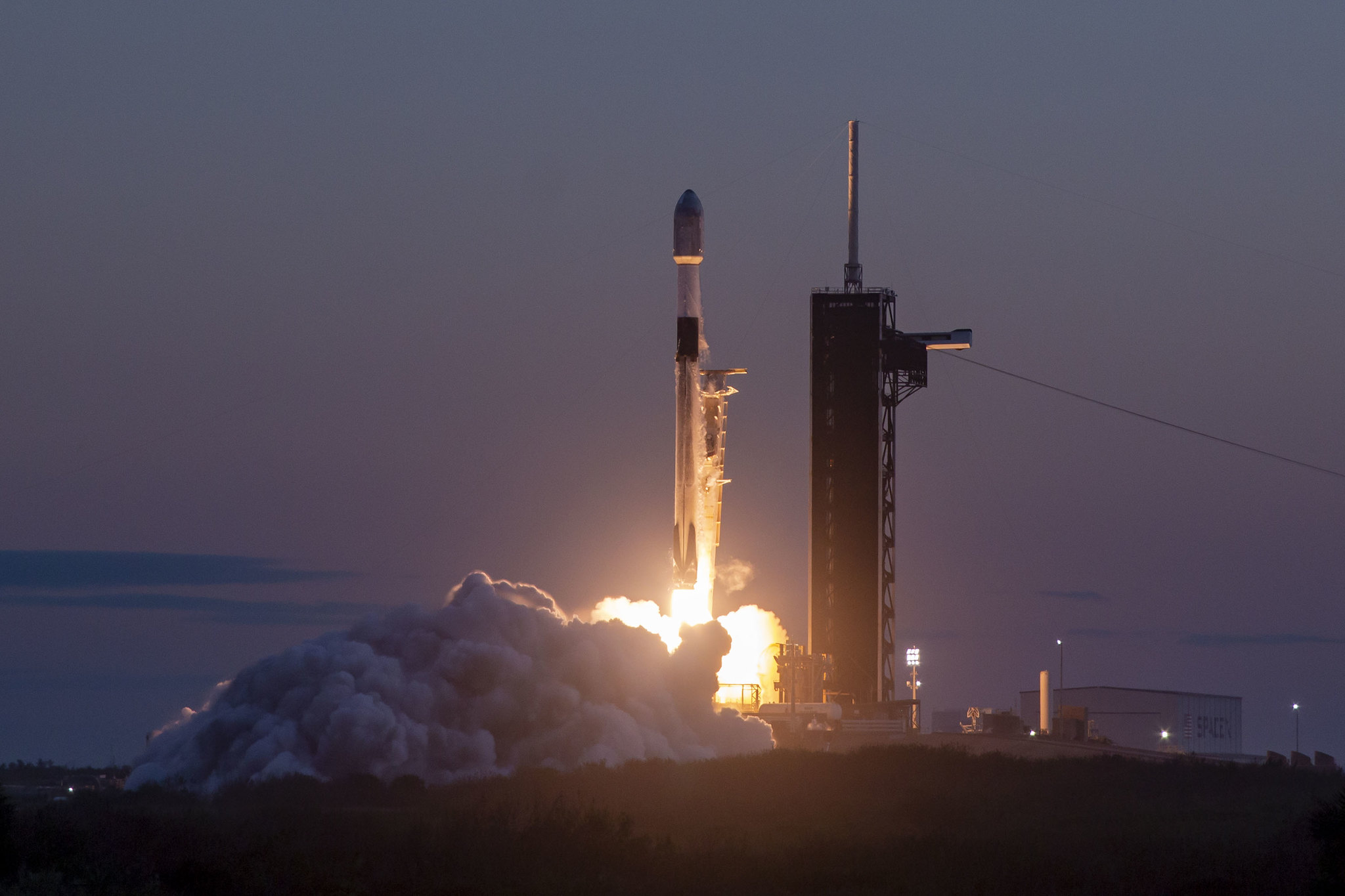
Space Force opens door to Blue Origin with new cooperative agreement
Space Force opens door to Blue Origin with new cooperative agreement
 spacenews.com
spacenews.com
You can install our site as a web app on your iOS device by utilizing the Add to Home Screen feature in Safari. Please see this thread for more details on this.
Note: This feature may not be available in some browsers.

 spacenews.com
spacenews.com
Hmm... it says it may be looking for BO to provide bids in the competition that could be released next yr:
Space Force opens door to Blue Origin with new cooperative agreement
Space Force opens door to Blue Origin with new cooperative agreementspacenews.com
With this new CRADA, the Space Force is signaling it wants to see Blue Origin challenge ULA and SpaceX when their five-year contracts are up for recompete in 2024. Requests for bids for NSSL Phase 3 could be released some time in 2023.
To qualify for NSSL awards, New Glenn “must successfully complete certification flights and provide design and qualification data to enable AATS [assured access to space program office] to conduct its independent verification and validation process,” Space Systems Command said.
The National Security Space Launch (NSSL) program requires new entrants to perform at least two successful orbital launches to get certification.
Hmm... it says it may be looking for BO to provide bids in the competition that could be released next yr:
So can BO bid prior to qualifying?
Blue Origin launches (will launch. may launch) so minimum criteria met, can they meet additional criteria or get winnowed out in the selection process, but they were allowed
Thanks for the insight...
I don't quite understand this line though... is this saying that because BO "launches" (something... anything...), that they meet some initial criteria, even if what they have launched is a completely different rocket?

They are separate companies in different markets. Orbit is a SpaceX competitor that lifts payloads to orbit via a 747 airplane “boost” while Galactic is a Blue Origin competitor that provides tourist rides to the edge of space via a solid rocket motor single stage craft dropped from a purpose built aircraft and glides back to earth.So... what's the delineation between Virgin Orbit and Galactic?
Well, you have to adjust the cost per seat for the duration of time in the seat, or maybe out of the seat in microgravity. VG and BO microgravity times are measured in single digit minutes, but the Axiom missions or the Inspiration missions are many days. (I have a friend who works for Axiom but no inside knowledge.)Actually, SpaceX plays in that tourist market as well, now that I think about it, but their costs per seat are far higher than Galactic or Blue Origin
Sure. They are apples and oranges but still ostensibly in the tourist sector although SpaceX is really heading down a path to commercial astronauts unlike the other two.Well, you have to adjust the cost per seat for the duration of time in the seat, or maybe out of the seat in microgravity. VG and BO microgravity times are measured in single digit minutes, but the Axiom missions or the Inspiration missions are many days. (I have a friend who works for Axiom but no inside knowledge.)
Sure. They are apples and oranges but still ostensibly in the tourist sector although SpaceX is really heading down a path to commercial astronauts unlike the other two.
Orbit is a SpaceX competitor that lifts payloads to orbit via a 747 airplane “boost” ...



